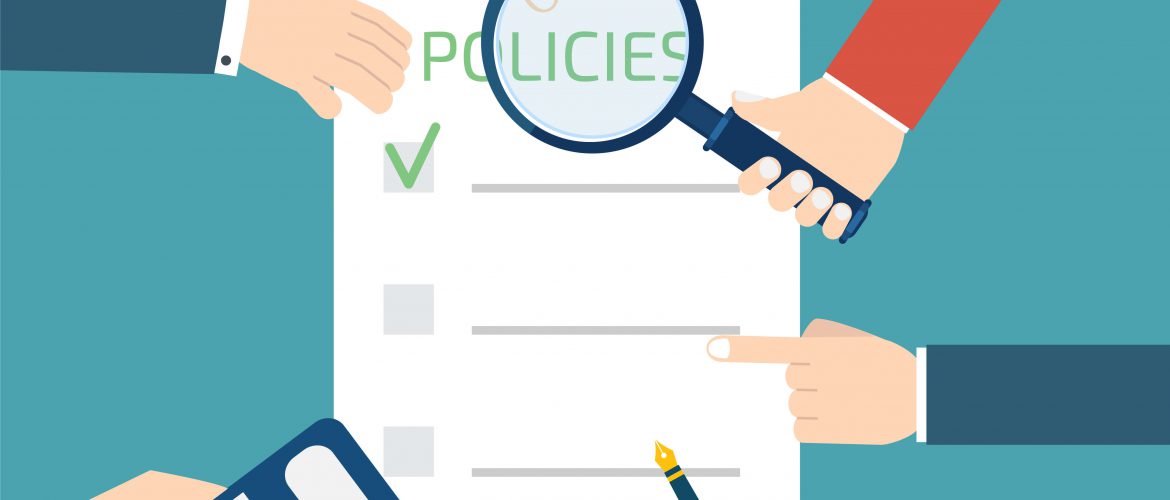Human Trafficking: Dealing with Patients Who Might be Victims
Jeannine LeCompte, Compliance Research Specialist
Studies have shown that many victims of human trafficking end up in healthcare facilities at some point, so staff need to be trained in human trafficking awareness. This training should enable a healthcare worker to identify the telltale signs that a patient or resident may in some way be a victim of human trafficking. The Trafficking Victim’s Protection Act contains guidelines for identifying and providing frontline care for victims.
Things to watch for include, but are not limited to:
- Signs of physical or sexual abuse
- Trauma to the genitalia
- Sexually transmitted infections
- Inappropriate dress for the weather or situation
- Alcohol or drug use
- Excessive symptoms of withdrawal and or shyness
- Extreme depression or anxiety
- Advanced health problems that should have been treated earlier but were not
These symptoms don’t necessarily mean a person is a human trafficking victim, but staff should be aware of the possibility, especially if it is clear that they are a recent arrival to the US, with perhaps a limited command of English.
Other signs to be on the lookout for include indications that the patient is clearly not in control of their own finances, are unable to answer questions about where they live, present major inconsistencies in their backgrounds, and have no identification such as a license or passport, or other documents of identification. When confronted with such a person, the staff member involved must approach the situation with due care and tact. Cross-questioning the potential victim while not alone may place them in danger, for example.
If details can be extracted of the suspected victim’s situation without endangering them, and it appears that they are indeed a victim of a crime, the staff member must immediately notify all relevant supervisors and ensure that a report is made to the local authorities or the national human trafficking hotline.
Some states require by law the reporting of human trafficking situations, so familiarize yourself with the mandates for reporting in your state.


























